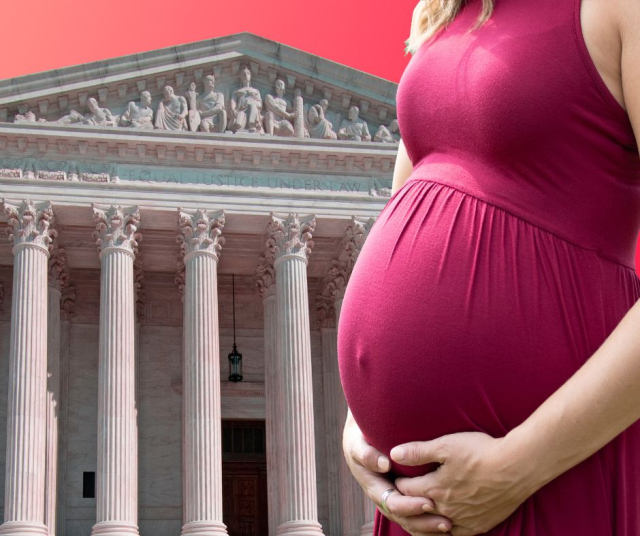Abortion is one of the most controversial and debated topics in the political, social and ethical spheres around the world. The discussion about legalization, reproductive rights, and the medical and ethical implications of abortion has generated a wide spectrum of opinions and positions.
Abortion, at its core, is the termination of pregnancy before the fetus is viable outside the womb. This definition encapsulates a range of circumstances and situations that can range from the natural to the provoked. Within this broad spectrum, we can distinguish two main categories: spontaneous abortion and induced abortion.
Spontaneous abortion, commonly known as "miscarriage," occurs naturally due to medical or genetic complications that make the pregnancy non-viable. This loss, often painful and emotional for the woman and her partner, can occur at any time during the early stages of pregnancy. It does not usually require medical intervention, since the woman's body expels fetal tissue naturally. Despite its traumatic nature, spontaneous abortion is a common reality in the reproductive experience of many women and does not carry the same stigma as induced abortion.
On the other hand, induced abortion involves a deliberate action to end a pregnancy. This can be carried out for various reasons, ranging from maternal and fetal health reasons to personal, economic or social decisions. The methods used for induced abortion vary depending on the stage of pregnancy and the woman's individual circumstances. These include medical procedures such as vacuum aspiration, dilation and curettage (D&C), and the administration of medications such as misoprostol and mifepristone. There are also non-medical methods, such as taking herbs or self-harm, which are extremely dangerous and not recommended at all, as they put a woman's life and health at risk.
It is essential to understand that both spontaneous and induced abortion can have a significant impact on a woman's physical, emotional and psychological health. Both may involve a process of grieving and acceptance, as well as the need for medical and emotional support. Furthermore, access to safe, quality abortion services is crucial to protecting the reproductive health and rights of women everywhere.
Ethical and Religious Perspectives
Opinions on abortion vary considerably depending on people's ethical, moral and religious beliefs. Some religions consider abortion to be intrinsically evil and against God's will, while others may allow it in specific circumstances, such as when the mother's life is in danger.
From a secular ethical perspective, opinions on abortion also vary. Some defend a woman's right to control her own body and make autonomous reproductive decisions, while others maintain that the fetus has inherent rights that must be protected.
Legal Debate
The debate over the legalization of abortion has been a hot topic in many countries. Some countries have laws that allow abortion under certain circumstances, such as risk to the mother's health or rape, while others prohibit abortion entirely except in extremely limited cases.
In countries where abortion is legal, laws may vary in terms of gestational timelines, consent requirements, and access to safe abortion services. On the other hand, in countries where abortion is illegal or highly restricted, women may resort to clandestine and unsafe procedures that endanger their health and lives.
Social and Economic Impact
Abortion also has significant social and economic implications. Lack of access to safe abortion can lead to increased maternal mortality rates and long-term health complications for women. Additionally, abortion restrictions may have a disproportionate impact on low-income women and in marginalized communities, who may not have access to adequate reproductive health services.
On the other hand, some argue that easy access to abortion can have a negative impact on society by promoting a culture of neglect of human life and a lack of reproductive responsibility.
It is important to recognize that the abortion debate is not limited to legalization versus prohibition. Many reproductive rights advocates advocate for comprehensive approaches that include comprehensive sexuality education, access to contraception, and social and economic support for pregnant women. Additionally, there are organizations and resources available to provide support to women facing an unwanted pregnancy, whether by providing counseling, adoption services, or financial assistance.
Abortion is a complex and multifaceted issue that encompasses legal, ethical, medical and social considerations. It is important to approach this topic with sensitivity and understanding toward the diverse perspectives and experiences of the people involved.
Regardless of individual views on abortion, it is essential to work toward solutions that promote women's health and well-being, respect their reproductive rights, and address the underlying causes of unwanted pregnancies.
